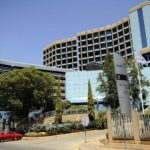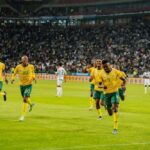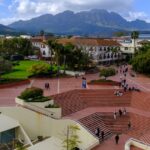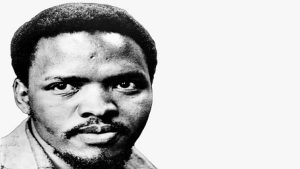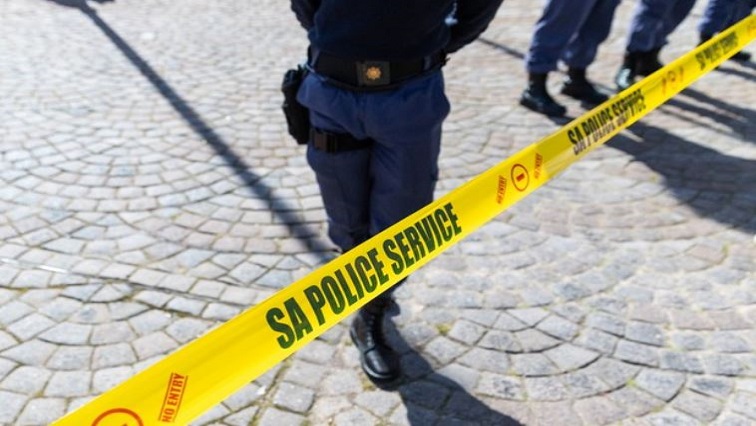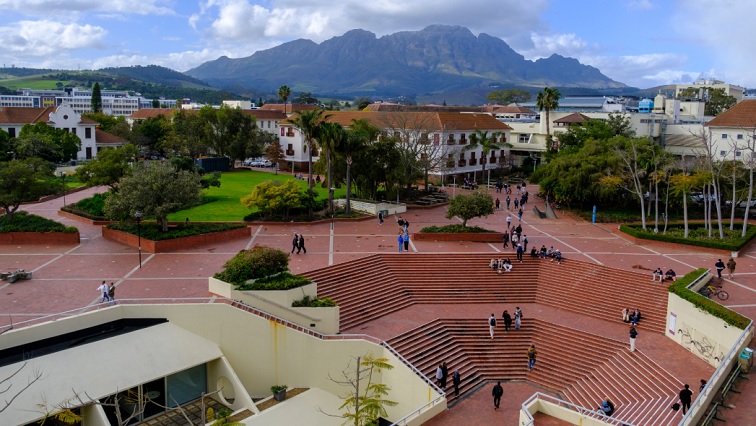-
Steve Bantu Biko.
On the commemoration of the death of former anti-apartheid activist and champion of Black Consciousness, Steve Bantu Biko — who died in police custody on 12 September 1977 — Advocate Muzi Sikhakhane paid tribute to him, lashing out at those he says betrayed the ideals Biko stood for.
Delivering the keynote address at the annual Steve Biko Lecture at Nelson Mandela University in Gqeberha, Eastern Cape, Sikhakhane described Biko as a man unafraid to tell the truth, even if it cost him his life.
“It is the telling of uncomfortable truth that killed Biko,” said Sikhakhane, urging the young people in attendance to embrace that same spirit of courage to challenge the status quo.
“We owe to ourselves. We owe it to the black majority that leaves in the margins of human conditions to speak it. We owe it to Biko – the black prophet, the messiah, the intellectual torchbearer, the lover of black life. We owe to Andrew Zondo, we owe it to Solomon Mahlangu, we owe it Chris Hani, we owe to everyone who did what we all here in this room fear doing – dying for the truth,” Sikhakhane declared.
The moving speech by the “Rebel Advocate,” as Sikhakhane is known, came against the backdrop of news that the inquest into Biko’s death has been postponed to 12 November for case management at the High Court in Gqeberha.
The reopening of the inquest, announced on Thursday, comes exactly 48 years after Biko died in police custody on 12 September 1977. Biko was allegedly tortured by the apartheid regime’s Special Branch. The state has confirmed that two persons of interest are still alive. The Biko family says today’s date was chosen for its historic significance.
Sikhakhane warned that the ideas of Black Consciousness espoused by Biko have been neglected, leaving the black majority continuing to view themselves through a lens of inferiority shaped by the oppressor.
“Biko’s teachings, had we heeded them, would have kept, if not completely diminished, our complacent adjustment to injustice, inferiority, poverty and inequality. Our minds would have been freer. We would dwell, not in a perfect place – because there is none – but in a much better, mentally liberated zone, a thriving egalitarian society of equals where black people don’t see themselves through the eyes of those who don’t like them,” charged Sikhakhane.
Pulling no punches, he accused those who have governed the country since the dawn of democracy in 1994 of betrayal, describing it as tantamount to desecrating Biko’s grave.
“We would have lived in a country where no leader betrays us, hoping to sit at the table of the white master who gives them work and money,” said Sikhakhane.
He also lambasted former members of the liberation movement, whom he accused of only finding their voices once they had left public office, calling them traitors.
“I am not impressed with former members of the liberation movement who grow conscience to speak only when they have left the corridors of power,” he said.
The Constitution of South Africa, often described as one of the best in the world, also came under Sikhakhane’s hammer. He argued that those who celebrate it are usually the privileged, while for the disadvantaged it has failed to constitute an ideal post-colonial South Africa.
He further condemned those who ignored Biko’s warnings.
“It is whiteness that Biko was warning us about. It is whiteness as a phenomenon that has permeated everything we do. It is whiteness that has forced us not to be able to imagine laws that we can create, that Africa lived before we were invaded. We had laws, we had people, we had schools, we had algebra, we taught Europe mathematics. There was a continent before white people landed on our shores. There was us. We had laws. We had a God. I don’t know his name or her name, we had a God,” said Sikhakhane.
He added that colonialism dismantled that African identity.
“We were taught new ways of worshiping because the first way to dominate people is spiritual castration. You must take over what they worship, what keeps them firm. You must take over their mental universe, their spiritual universe, their knowledge base, their imagination about who they are.”
Sikhakhane also warned students to be wary of “the system.”
“Because the system [is] to swallow all of us. Because the system awaits us. Because at some point, we will betray our people. At some point, this psychotic existence of black people who live at their expense affects all of us. Because those who have impoverished us, who have taught us who we are, when it’s who we are not, this psychotic existence is the one that blocks us from total liberation of our minds,” he said.
A formal inquest was held in November 1977 which found that that Biko allegedly sustained the injuries during a scuffle with the Special Branch members.
NMU hosts the Steve Biko lecture:



